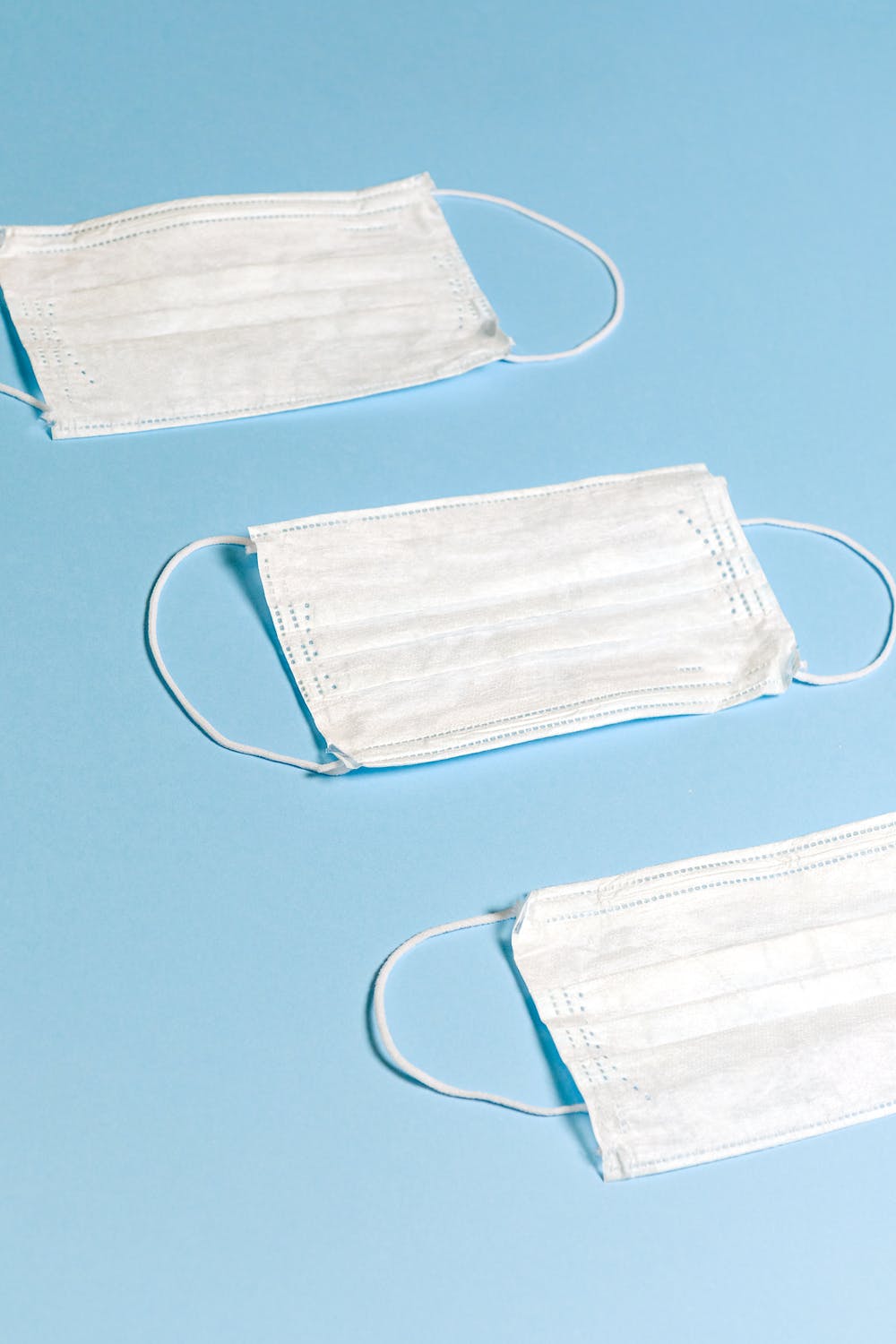MedicalResearch.com Interview with:
Isaac See, MD
Centers for Disease Control and Prevention COVID-19 Response Team
Atlanta, Georgia
MedicalResearch.com: What is the background for this study?
Response: On February 27, 2021 the U.S. Food and Drug Administration (FDA) granted emergency use authorization for the Janssen/Johnson & Johnson (J&J) COVID-19 Vaccine in people 18 years of age or older in the United States. The Janssen/J&J COVID-19 Vaccine uses a replication-deficient (i.e., cannot cause infections) human adenovirus vector. In mid-March, the European Medicines Agency announced that they had conducted a preliminary investigation of cases of blood clots and low counts of blood cells called platelets in patients who had recently received the Oxford/AstraZeneca COVID-19 Vaccine, which uses a replication-deficient chimpanzee adenovirus vector. This syndrome of blood clots and low platelet counts has been called thrombosis with thrombocytopenia syndrome, or TTS. The European investigation showed that over 70% of their cases specifically involved blood clots in particular veins inside the brain, a condition caused cerebral venous sinus thrombosis (CVST), in addition to low platelet counts (thrombocytopenia is the medical term for low platelet counts).
CVST is already a rare condition, and CVST with thrombocytopenia is even rarer. By April 12, 2021, approximately 7 million doses of the Janssen/J&J COVID-19 Vaccine had been given in the United States, and six cases of CVST and thrombocytopenia after receipt of the Janssen/J&J COVID-19 Vaccine had been reported to the U.S. Vaccine Adverse Event Reporting System (VAERS), which is the U.S. national vaccine safety monitoring system. The next day (April 13, 2021) CDC and FDA recommended a pause in use of the vaccine recommended to allow for further investigation of these events. On April 23, 2021 data about the first 12 cases reported after authorization of the Janssen/J&J COVID-19 Vaccine were presented at an emergency meeting of the Advisory Committee on Immunization Practices (ACIP) to decide what to recommend regarding the Janssen COVID-19 vaccine. The ACIP concluded that the benefits of resuming Janssen COVID-19 vaccination among persons aged 18 years or older outweighed the risks and reaffirmed its interim recommendation under the FDA’s Emergency Use Authorization. The FDA’s Emergency Use Authorization includes a new warning for rare clotting events among women aged 18 to 49 years. Our report provides clinical details about these first reported 12 U.S. cases of CVST and thrombocytopenia following receipt of the Janssen COVID-19 Vaccine.
(more…)













